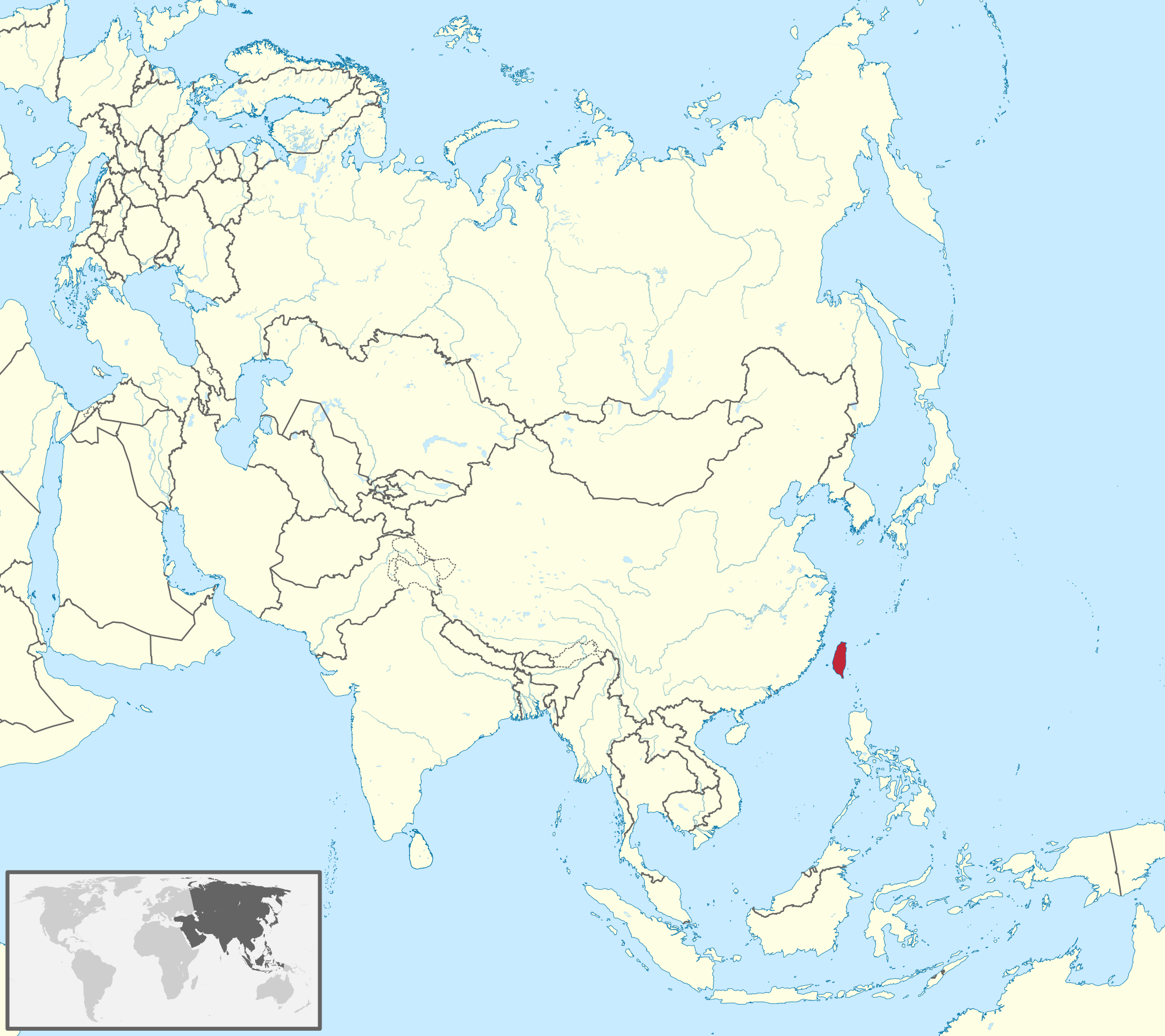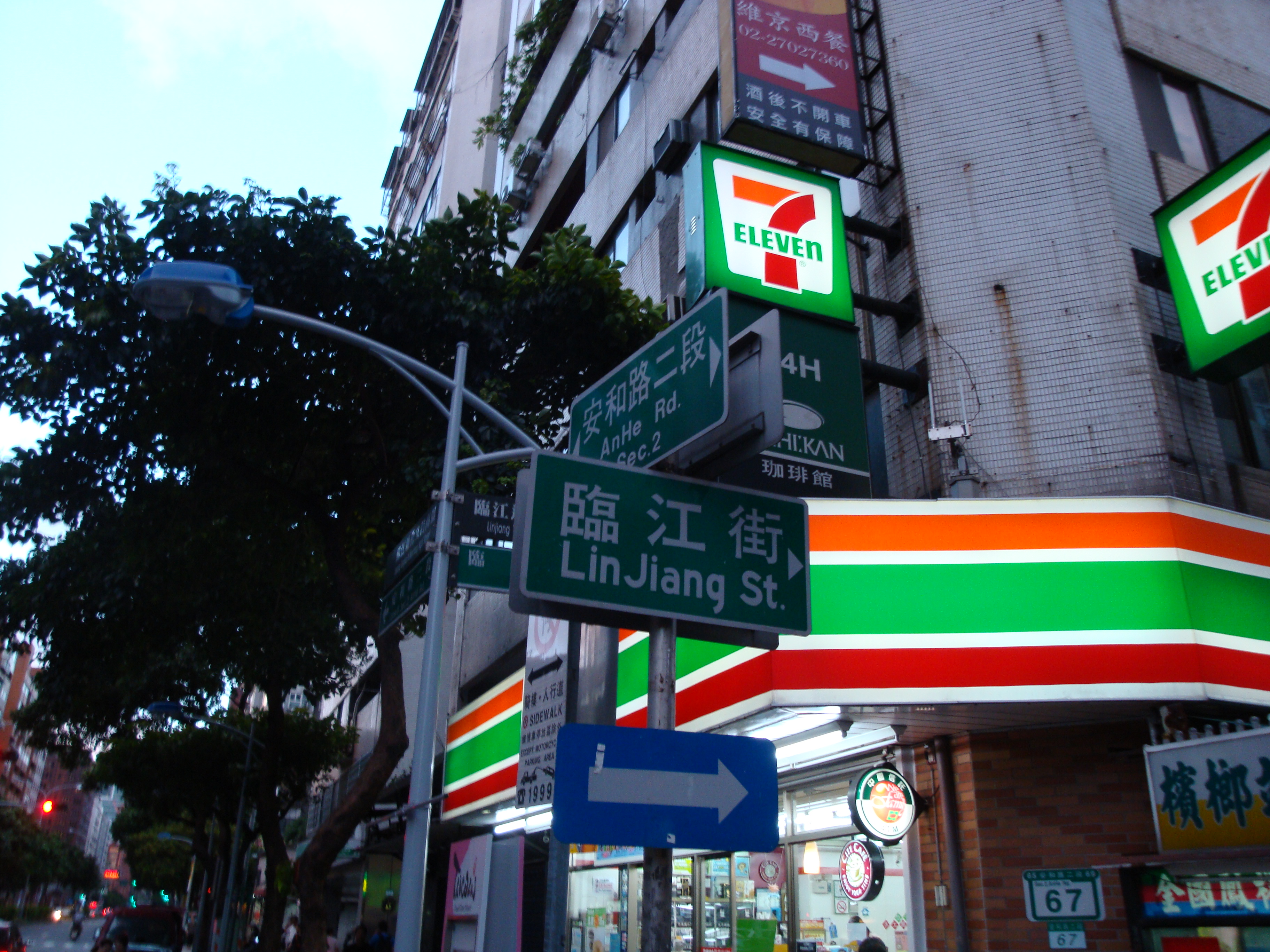Surviving Taiwan on Limited Mandarin
Nearly a decade ago, I came to Taiwan with one suitcase, a laptop, a generic Mandarin Chinese phrasebook and precisely two words of spoken Mandarin: “Nǐ hǎo” (Traditional Chinese: 你好; English: Hello), which I more or less gleaned from the Rush Hour movie franchise starring Jackie Chan and Chris Tucker. Call it foolish, call it reckless, call it brave.
The idea was to spend three months traveling around Southeast Asia using Taipei City as a “home base”. With its highly-developed infrastructure and relatively cosmopolitan feel, Taipei was the perfect jump-off point for a wide variety of destinations. Look at a map and you’ll see what I mean.
Photo via BlackSunshineMedia
Now, I came to Taiwan at the urging of a good friend back home who also happened to be Taiwanese. At first, I was reticent to consider using Taiwan as a home base, mainly because it’s a Mandarin-speaking country, and I didn’t speak Mandarin. Not only that, but I had zero desire to learn Mandarin. Manila seemed like a much more English-friendly spot – and it is. You absolutely don’t need to speak Tagalog in the Philippines unless you’re out in some distant province.
“Don’t worry,” my friend said, “Everybody speaks English in Taiwan.”
While this was an over-statement of egregious proportions, it wasn’t exactly untrue. Almost everybody in Taiwan can speak English; at the time, everybody I met could say “Hello” and “Obama!” So, we were on a fairly level playing field. But the fact of the matter is, English is a compulsory subject in public schools from K-12; thus, everybody should be able to speak English. Like so much of life, things are much cleaner in theory than practice. (The English acquisition system in Taiwan is a story for another time.)
_______________
Back then, and I hate to sound like a grumpy old man, we didn’t have these fancy smartphones with translation apps. Google Translate was largely unreliable and Wi-Fi wasn’t as ubiquitous as it is today. Therefore, for the first few weeks, I relied almost exclusively on the Lonely Planet phrasebook to communicate with locals, who, for the most part, could speak considerably more English than I’ve given them credit. You’d be surprised how much English a night market vendor has under their belt when you start to walk away from a transaction because you don’t know what the hell they’re talking about. When it comes to money and Taiwan, there is no language barrier blocking a sale.
Because Mandarin is a tonal language, even if I attempted a pronunciation of: “The air conditioner in my room is not working”, nobody would understand what I was saying. And I learned this the embarrassing, humiliating hard way – by trial and mostly error. So, I quickly learned to merely point at what I wanted or needed in the phrasebook and let nature run its course.
Obviously, that system worked. It still works. And along the way, I picked up enough Mandarin to get me through an average day with a minimum of English. Currently, when I need to communicate exclusively in unfamiliar Mandarin, I dial up Google Translate. Works like a charm. Sometimes I will attempt to read the Pinyin*, other times I just revert to the old point-at-it method. If you’re planning a visit or a relocation to Taiwan, all you need is a smart phone and an ISP. Or, you could go old school and use the hard copy phrasebook; but let me warn you, flipping through all the pages to find your necessary vocabulary gets to be a major pain in the ass.
*From Wikipedia: “Hanyu Pinyin is the official romanisation system for Standard Chinese in China, Malaysia, Singapore, and Taiwan. It is often used to teach Standard Chinese, which is normally written using Chinese characters. The system includes four diacritics denoting tones. Pinyin without tone marks is used to spell Chinese names and words in languages written with the Latin alphabet, and also in certain computer input methods to enter Chinese characters.”
OK, it appears I’ve answered the big question: How does one survive in Taiwan on limited Mandarin? The answer is of course: Cheat. At the same time, there is the geographical and cultural concerns of Taiwan itself. In my mind, there are two Taiwans: Taipei City, and everywhere else. Leave the friendly confines of Taipei City proper and you’ll immediately realise you are in a very foreign country where English is rarely, if ever, spoken.
The internationally-sensitive government of Taiwan has made great strides in making at least the public infrastructure an English-friendly environment. In Taipei, all the street signs, directional markers, and transportation beacons contain English translations. Many local businesses have English signage. Some supermarkets have English descriptions on the shelves. All public service positions require a certain amount of English, so if you get lost on the MRT (Metro Rapid Transit), somebody in the operation speaks enough English to get you where you’re going.
Moreover, many Taiwanese are eager to practise their English, so they will automatically speak to you in your native tongue whether you like it or not. I have many friends fluent in Mandarin who constantly complain about English being the default language of conversation. The bottom line is: In Taipei, you really don’t need to speak Mandarin to have your basic needs met – food, housing, work, etc. Everywhere else, for example, along the East Coast from Hualien to Taidong, you’re going to need at least a handful of Mandarin phrases – or your smartphone-slash-phrasebook.

Photo via Pixabay
If you’re adventurous and fairly independent like yours truly, you’re going to be motivated to learn some Mandarin, if for no other reason for the sake of expediency. It’s 10:00 a.m. on a Thursday morning and I haven’t spoken a word of English. However, this is because I’ve mastered all the Mandarin for my daily routine of breakfast, coffee, and chit-chat with the locals in the café. Everybody greets and converses with me in Mandarin because they know I’m capable. I can’t read a newspaper though. I have mostly no idea what they’re talking about on local television. It hurts my brain to attempt an online purchase from a local Web site (c.g. train tickets). But I know exactly the right amount of Mandarin to get me through the day.
Now, one thing I did very early on was to take notes on the types of transactions I frequently encountered, and learned those specific and appropriate phrases. Indeed, in the beginning I developed what I called “The Ten Sacred Phrases” - bit of language you can’t live without.
For example, even though the MRT system is beyond fantastic, it stops running at 12:30 a.m. Being somewhat of a night owl, I found myself increasingly reliant on taxis. Now, Taipei taxi drivers are some of the more interesting characters in town, but very few speak English. Therefore, one of the first sets of Mandarin phrases I compiled was directions. In other words, I learned how to tell the taxi driver where to go. These days, I can give very explicit directions to my destination; but in reality, all you need to give them is an approximate location, and when you get close, say, “Stop here!” (Tíng zài zhèlǐ).
Of course, your experience will depend on a wide variety of contingencies, but Taiwan is very survivable on limited Mandarin. Follow the above template (or a variation thereof) and you’ll be OK.




